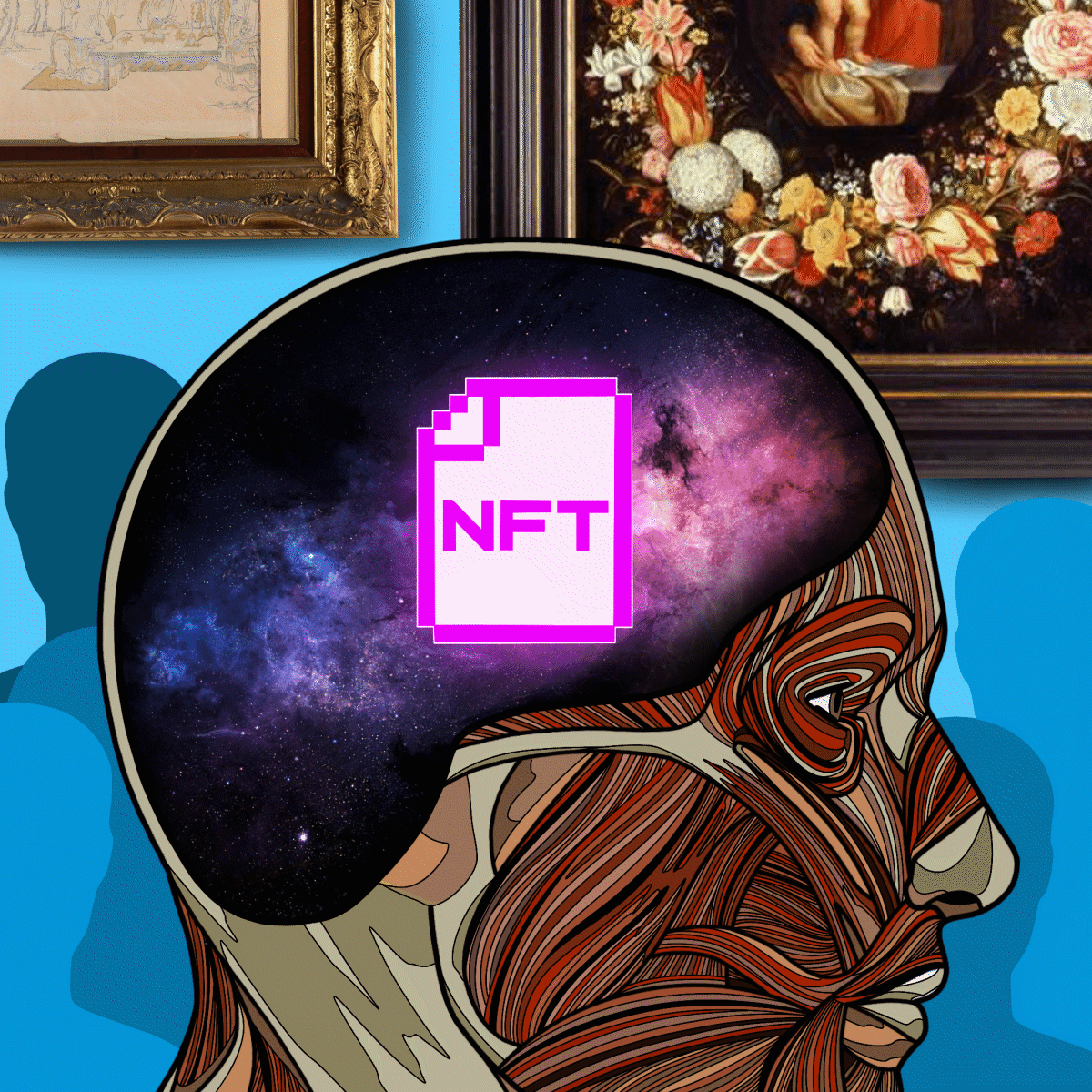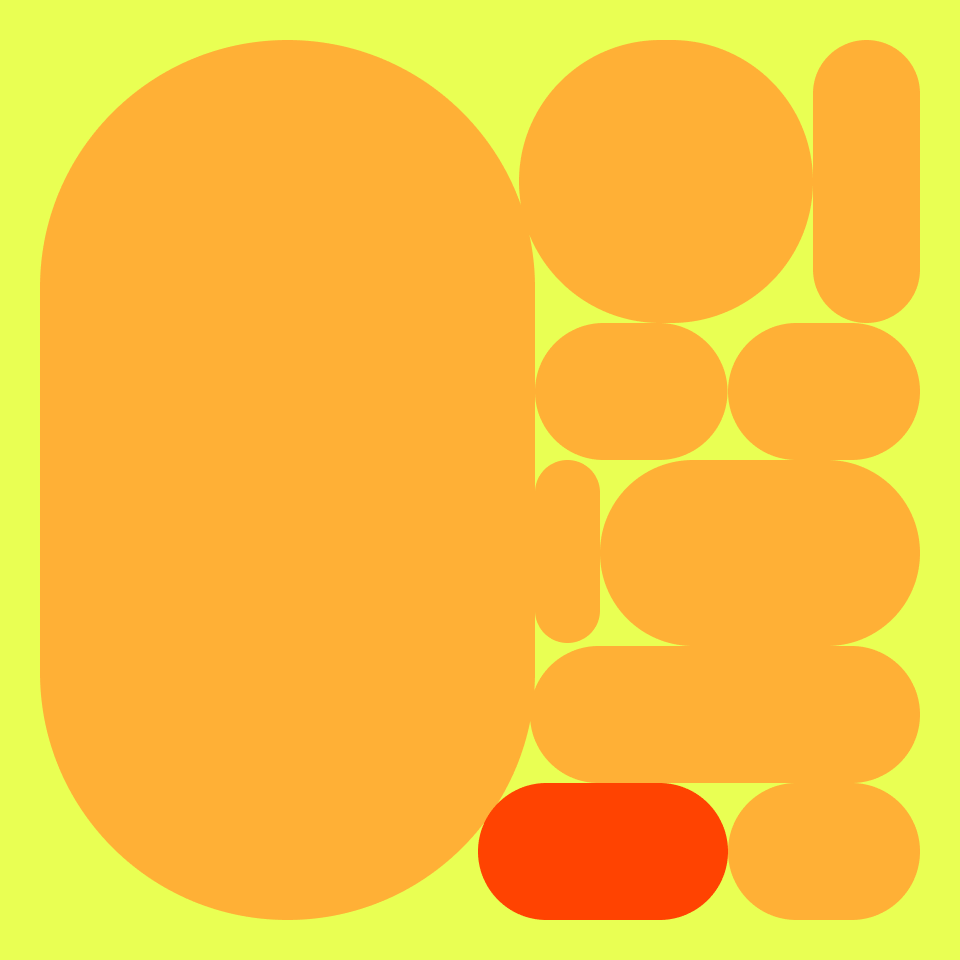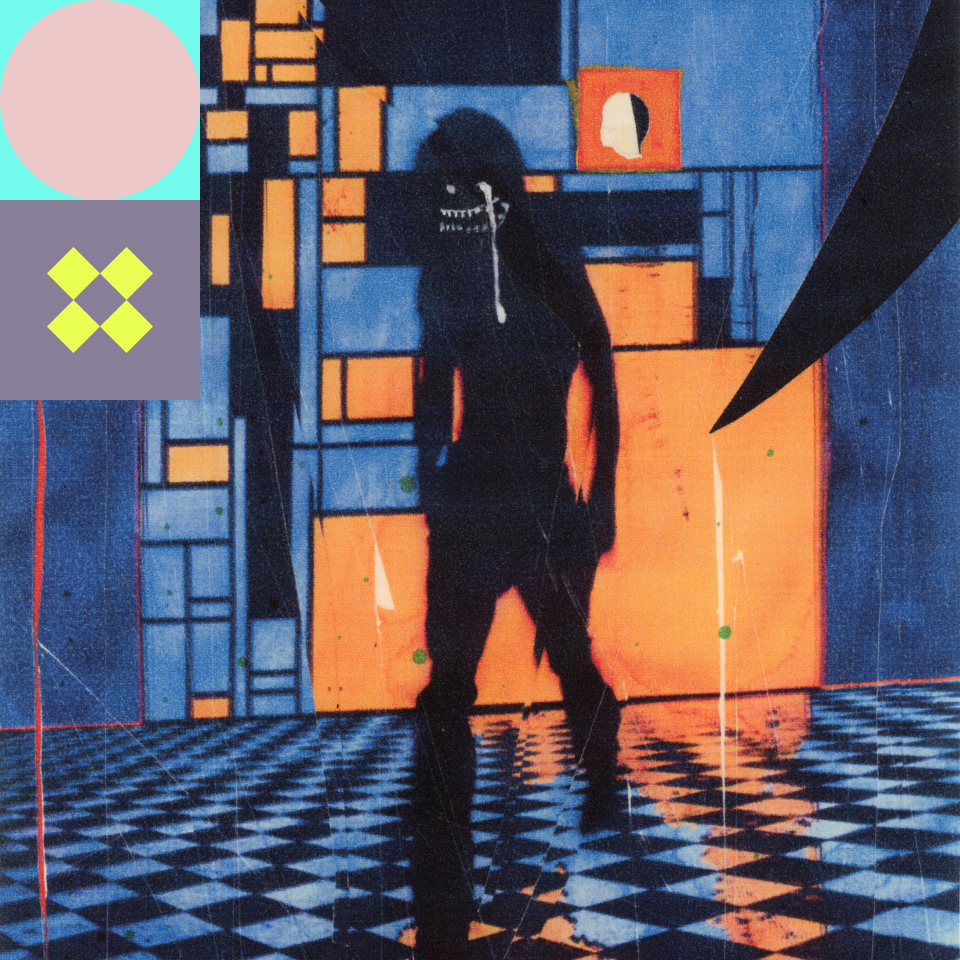A decentralized autonomous organization, or a DAO, is an organization whose operations are governed by a smart contract deployed on a blockchain. Originally, DAOs were conceived as decentralized and transparent alternatives to the typical structure of corporations, but in recent years, art collector DAOs have risen in popularity among NFT art enthusiasts. So what are collector DAOs?
How do collector DAOs work?
Imagine: you want to collect a piece of art, but it’s outside your budget. Do you give up? Or do you get creative? In a collector DAO, token holders all contribute to the DAO treasury or contribute to raising funds for the treasury. Then, they vote as a body on what pieces to purchase, using their collective power to buy artworks that would be inaccessible to them as individuals. Collector DAOs can also sell artworks from their treasuries. And while these are the most basic and fundamental activities of collector DAOs, many engage in other types of initiatives, all depending on the desires of the individual community.
What are examples of collector DAOs?
Well-known collector DAOs include Flamingo DAO, PleasrDAO, Jenny DAO, and Unicorn DAO. Each has different focuses and goals–Unicorn DAO, for example, focuses on collecting work by women artists and LGBTQ artists and economically supporting those communities.

"Anatomy of a modern Collector" by prometheus on SuperRare
Should I join a collector DAO?
If you’re interested in DAOs or decentralized art collecting, a collector DAO might be a good fit for you. As always, do your research before you join a DAO, especially one that is up and coming or not well known, and reach out to the organizers if questions still remain. If you join a DAO, make sure that you align with the organization’s values and goals. If there isn’t a collector DAO that seems like a fit for you, you may be able to start your own as long as other collectors are interested, too. But if you prefer to collect as an individual only, that’s also a perfectly legitimate way to experience web3 as an art collector.
You can learn more about collector DAOs here.



